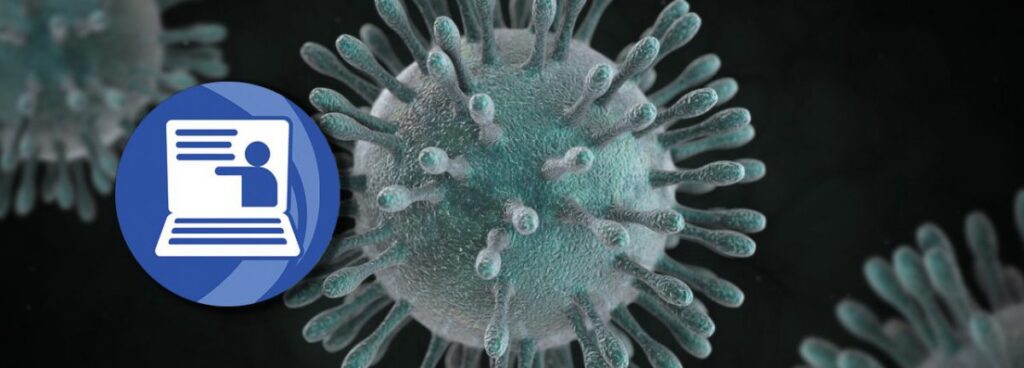Written by Maryam for the Uighur Language Service of Uighur Times.
This news was published on the Uighur Times Uighur language website on Apr 23, 2020.
Translated into English by Uighur Times English Channel
According to information acquired by Uighur Times from Chinese social media platforms, TikTok and Wechat on April 22, 2020, a system of compulsory boarding school for kindergarten-aged children have been implemented in Hotan Prefecture.
A video clip on TikTok shows a girl leaving home in tears as she prepares and takes her clothes and other household items with her, with the video commentator explaining that her six-year-old sister has to leave them and is going to stay in a kindergarten. The comments under the video show that this compulsory system is primarily being implemented in rural areas and the children are allowed to return home only once a week. Many comments expressed shock that children who could not even take care of themselves were forced to leave their homes.
After the video clip was released on TikTok, chat logs of some Wechat group-chats were also shared online, which revealed that the families are asked to take their children to kindergarten every Monday morning and bring them home on Saturday night. Among the revealed conversations, a mother wrote that she has an elder child in the senior class of kindergarten and a younger child in the junior class and that the children are simply too young to take care of their daily livelihoods that after they defecated/urinated in their pants, their teacher asked the mother to bring clothes, papers, and towels so that the teacher could change them. The mother, who is from the Qaraqash County of Hotan Prefecture, expressed grief and helplessness revealing that her small child has never left home before and that her heart was very sore.
The chat logs also indicated the compulsory nature of the system that if the children were not sent to the kindergarten, the parents face constant questioning from the authorities. Furthermore, the children are four to five years old, they are being looked after by Han Chinese teachers, and that the children are reluctant to eat food because they are being fed only laghman and rice every day that the children get tired of them. The children even had to take their midday naps on their classroom tables. It has long been known that such similar systems have previously been implemented for high and junior high schoolers in East Turkestan (a.k.a Xinjiang). Now it is revealed that the system has also been implemented on kindergarteners.
Article 9 of the United Nations Convention on the Rights of the Child makes it clear that states and parties shall ensure that a child shall not be separated from his or her parents against their will, except when competent authorities subject to judicial review determine, in accordance with applicable law and procedures, that such separation is necessary for the best interests of the child. Such determination may be necessary in a particular case such as one involving abuse or neglect of the child by the parents, or one where the parents are living separately and a decision must be made as to the child’s place of residence.
According to Jack Shonkoff, director of the Center on the Developing Child at Harvard University, separating children from their mothers can be extremely detrimental to the children. This is the same from a scientific point of view, as well as from a simple humanity perspective. Children will live under constant pressure and anxiety when they are separated from their parents, resulting in their brain areas that are related to fear to begin to develop, whereas the brain areas that are related to learning and memory ceases its development. When aggravated, it can even lead to depression and coronary heart diseases, Prof. Schonkoff said.
The comments in the social media platforms indicate that many parents are immensely feeling helpless, grossly dissatisfied with the current compulsory system, and are extremely concerned about their children’s health and well-being.
